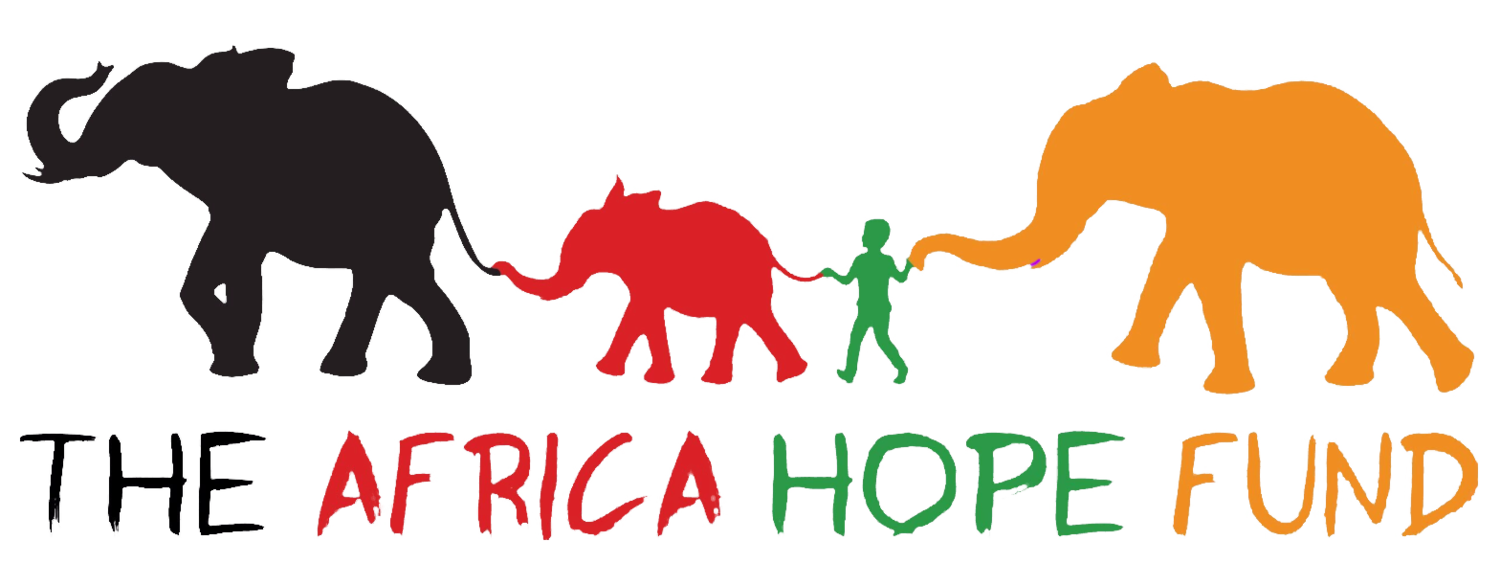WE CAN DO THIS
Before I traveled to Zambia in 2011, I had no idea how close elephants are to extinction. I never thought about how many elephants died so their tusks could become ornaments and trophies. I didn’t understand that they have been hunted for their ivory for centuries.
They were abundant throughout the African continent and traveled ancient migratory paths they are now cut off from. I knew nothing about poaching, its relationship to terrorism, and how losing elephants is a death knell to our entire global ecosystem. A stone arch that stood for centuries will collapse when the center keystone is removed. When we lose a keystone species in a country, smaller species follow and collapse into extinction.
When I read about elephant deaths today, it’s nearly like a death in my family because I’ve come to know elephants as sentient, self-aware beings who live in family units. They are tender and loving to each other, often showing compassion beyond the range of some humans. Elephants seldom hurt each other. They have been known to rescue babies from other species. Male elephants get caught up in a testosterone war during musth, which can cause injuries, but we seldom hear of elephant wars, elephant brutality, or elephant greed. They have been known to hurt or kill humans, but they are fighting centuries of PTSD from being hunted and killed, and fighting for their own space on our planet.
I understand their fear and anger. I don’t discount the wars and human tragedy on our planet that kill and maim people, leaving them homeless and their children orphans. But I do believe that what we are doing in Zambia helps change the world and gives wildlife and children a future. We can’t do it all, but we can do this. Please donate to help us save the elephants.
Written by Patricia Cole
An Africa Hope Fund board member for 7 years, Pat is a writer and a conservation activist. After traveling to Zambia, she became dedicated to helping Africa Hope Fund provide education to the next generation of Africans and ensure their future by protecting wildlife. Find Patricia on Facebook and Twitter, or on her websites www.writepatwrite.com and www.patmcole.com.

